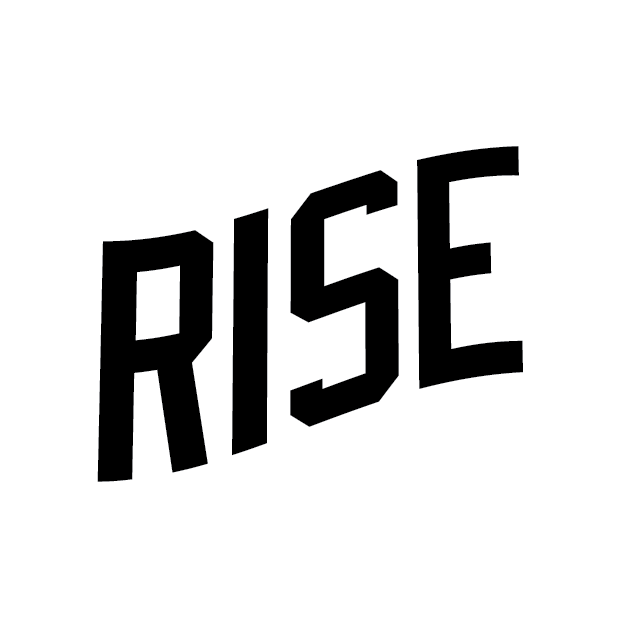DEI November: Native American Heritage Month
by RISE DEI Committee
The RISE Diversity, Equity, and Inclusion Committee invites you to recognize Native American Heritage Month during November, as this directly impacts the people we work with and care about.
What started at the turn of the century as an effort to gain a day of recognition for the significant contributions the first Americans made to the establishment and growth of the U.S., has resulted in a whole month being designated for that purpose. Read more about the history here: National Native American Heritage Month.
Standing Bear v. Crook (1879) Nebraska
Standing Bear v. Crook was a landmark Native American civil rights case decided in 1879. The decision in the case was the first time a Native American was recognized – not as a ward of the government – but as a person under the law who has inalienable rights of life, liberty, and the pursuit of happiness.
Standing Bear’s journey for justice took an unexpected turn at the close of his trial in a Nebraska federal court. After the legal proceeding ended, he claimed his humanity, saying: “I am a man.” His bravery and brief, but eloquent speech established him in the constellation of early civil rights heroes and allies. Standing Bear is not only believed to be the first Native American to speak in open court but won his case in the same courtroom now known as the U.S. District Court for the District of Nebraska.
In the 1870s and ’80s, Chief Standing Bear’s declaration of his humanity in court established him as one of the nation’s earliest civil rights heroes who is starting to gain visibility in the 21st Century.
Please take a moment to watch this short video.
Overrepresentation of Native Americans in the Justice System
The overrepresentation of Native Americans in the criminal justice system is a nationally underreported story. According to the Bureau of Justice Statistics:
Native Americans are incarcerated at a rate that is 38% higher than the national average.
In 19 states, they are more overrepresented in the prison population compared to any other race and ethnicity.
Between 2010 and 2015, the number of Native Americans incarcerated in federal prisons increased by 27%.
In Alaska, data published by the 2010 US Census revealed 38% of incarcerated people are American Indian or Alaskan Native despite the fact they make up 15% of the total population.
In Hawaii, Native Hawaiians make up 24% of the general population but account for 39% of the incarcerated population, according to the Office of Hawaiian Affairs.
Native youth are highly impacted by the US prison system, despite accounting for 1% of the national youth population, 70% of youth taken into federal prison are Native American.
Native American men are admitted to prison at four times the rate of white men, and Native American women are admitted at 6 times the rate of white women.
How Can I Support Indigenous Communities?
Support: Reclaiming Native Truth: A Project to Dispel America’s Myths and Misconceptions. Reclaiming Native Truth’s goal is to move hearts and minds toward greater respect, inclusion and social justice for Native Americans.
Watch: Ȟesápa, a film about the Indigenous Land Back movement produced by NDN Collective and Oglala Lakota filmmaker Will White. It’s streaming for free on YouTube and Facebook.
Read: Braiding Sweetgrass by Robin Wall Kimmerer, a book that brings together scientific knowledge and Indigenous knowledge to expand our understanding of ecology and the human relationship to the environment.
Listen: This Land, a podcast hosted by Cherokee Nation journalist Rebecca Nagle about how a homicide case turned into an investigation into the treaty rights of five Native American tribes.
